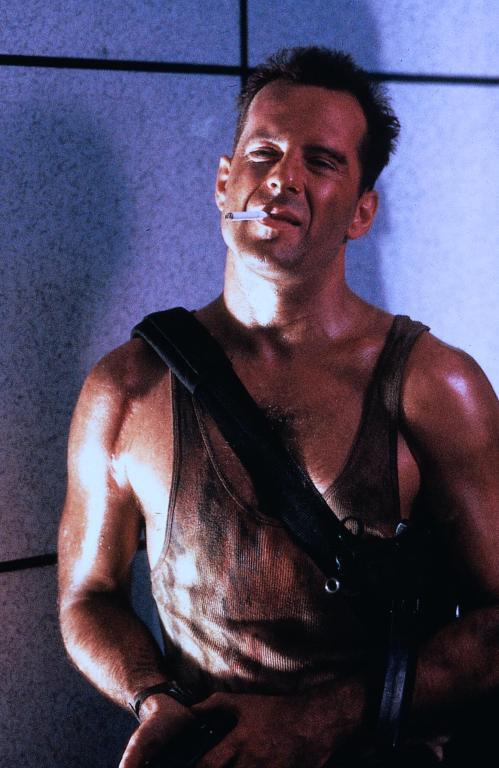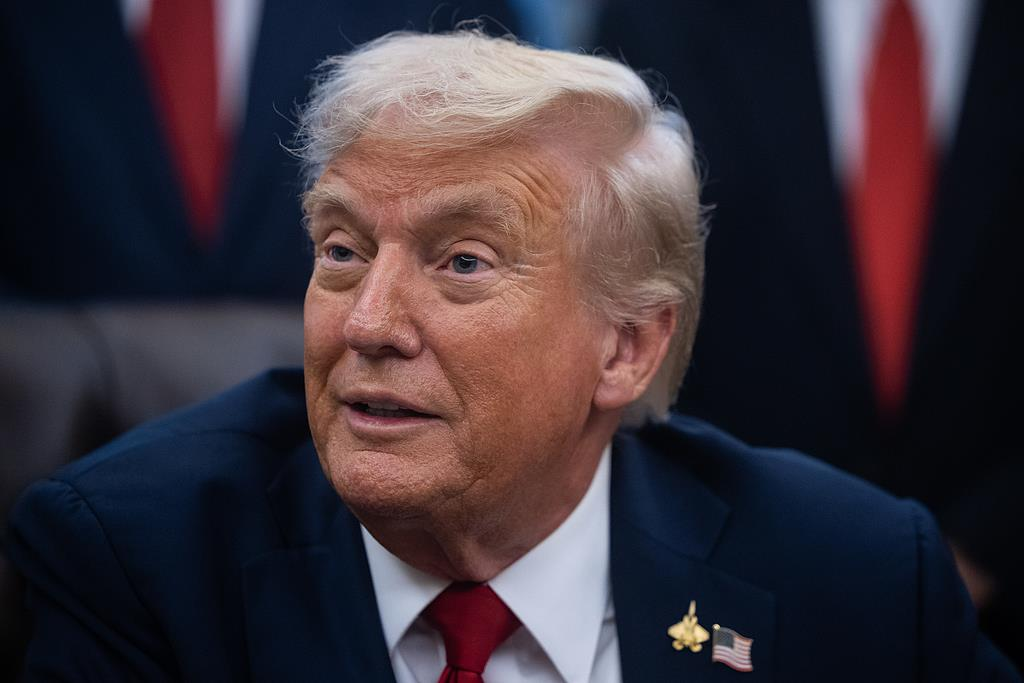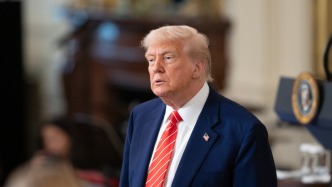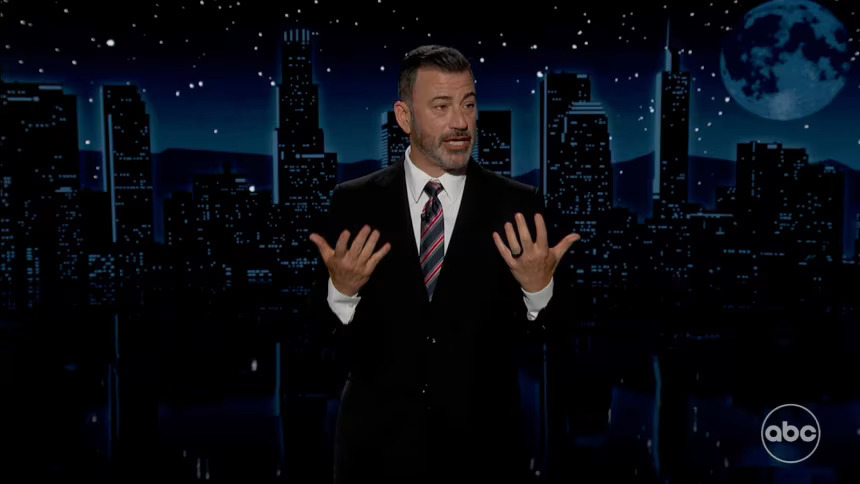
Last month's issue of The Hollywood Reporter magazine published a feature article titled "What happens to Hollywood when America is no longer the 'good guy'?" The author, Patrick Brzeski, is the head of the media's Asian bureau currently stationed in Tokyo. The article, focusing on the US and global situation in the nearly six months since Trump took office, raises a question that is likely to embarrass and frustrate Hollywood film companies.
The American heroes created by Hollywood are being questioned
Patrick Brzeski, who graduated from the University of Wisconsin with a degree in philosophy, first looked back in his article. Hollywood movies have always been a faithful reflection of American values and an important part of American soft power. Especially in the past few decades, Hollywood has continuously created various American heroes, from John McClane in the Die Hard series to Rocky Balboa in the Rocky series, from Ethan Hunt in Mission Impossible to various superheroes in Marvel movies including Captain America. They have fascinated not only American audiences, but also thousands of fans around the world.

Bruce Willis plays the American lone hero John McClane in the "Die Hard" series.
"But now, as Donald Trump attacks allies, undermines democracy, and erodes the rule of law, Hollywood studios face a question unprecedented in their long history: Are American heroes still attractive — or even credible — to audiences around the world?" Brzeski wrote.

Sylvester Stallone, star of the "Rocky" series, has been named "Hollywood Ambassador" by Trump.
“Does this change how foreigners view us? Yes, and they should,” Kal Raustiala, a professor of law and international relations at the University of California, Los Angeles, said in an interview. “Traditional allies are shocked, confused, and are becoming more wary of us — and that’s likely to affect how they spend their euros or yen in their free time. We’ve seen these trends in tourism, and certainly in the entertainment industry, such as movies. I’d be surprised if there wasn’t a backlash.”
In its latest quarterly survey, released on March 4, market research firm YouGov found that Europeans’ views of the United States have fallen to their lowest level on record since Trump’s election. Importantly, this was before Trump launched his tariff war. In no European country did more than half of the population have a favorable view of the United States. From August 2024 to February 2025, Germans’ favorable views of the United States fell from 52% to 32%, and Danes’ favorable views of the United States fell to just 20% in the context of Trump’s threat to seize Greenland by force.

The Mission Impossible series of films was born in 1996, and Tom Cruise plays Ethan Hunt, the soul of the film.
Nicholas Cull, a British professor at the USC Annenberg School for Communication and Journalism who specializes in the role of mass media in foreign policy, told Brzeski that “Historically, Hollywood has played a dual role in American soft power: it has made the United States a global source of attractive popular culture, while also presenting an attractive moral system and lifestyle that is different from other places. Hollywood has taught the world about the importance of democracy and the rule of law, and demonstrated the personal progress that American capitalism brings to ordinary citizens.”
Farewell to the "American Dream", local production is on the rise again
However, under the Trump administration, the long-term image of the above Hollywood movies may also be affected. For example, Captain America 4, which was released in February this year, has only 51.7% of its global box office revenue from overseas markets so far, while the average overseas box office share of the series in the past has reached 60.7%.
The so-called overseas box office refers to the box office of movies outside the United States and Canada. For a long time, the box office of the two countries has been combined and collectively referred to as the North American box office. But if we break it down, as the backlash against the United States in various circles in Canada has increased since Trump took office, the box office revenue of Hollywood films such as "Captain America 4" in Canada has actually declined significantly.

Captain America 4: The box office and reputation of the film both fell
"It's definitely been discounted, which is very unfavorable for the film business, which is already facing challenges from streaming," said Noah Segal, co-president of Elevation Pictures, an independent Canadian film distributor, in an interview. "For example, I think Canadians are definitely not very willing to watch war movies that promote American heroism under the current circumstances. If such a movie is really released next, it will definitely cause all kinds of controversy in Canada."

Netflix series The Diplomat
Even on streaming platforms, such as Netflix's The Diplomat or Paramount's The Agency, starring Michael Fassbender, the main theme is the idea of American diplomats and agents risking their lives to protect democratic ideals. However, compared with the various changes in American domestic society and foreign policy, how long overseas audiences can continue to be interested in such narratives is also a great variable in the author Brzeski's opinion.
“Overseas buyers may start to be wary of purely American-style films like Yellowstone,” an executive at a European film sales company said in an interview. “Buyers in many countries are now critical of the United States and American culture to a degree that I have never seen before.”

Hollywood has produced classic works such as "Dr. Strangelove" that criticize US foreign policy.
On the other hand, Hollywood has a tradition of daring to criticize the government. With the efforts of some conscientious filmmakers and left-wing intellectuals, classic works opposing war and criticizing US foreign policy have been born, from "Dr. Strangelove" to "The Deer Hunter" to "Apocalypse Now". To a certain extent, they have in turn enhanced the soft power of the United States and demonstrated the side of film and television works criticizing and supervising the government. But as Brzeski pointed out in the article, Hollywood has not made such conscientious works that point directly to the present for a long time. The Trump biopic "The Apprentice", which was released last year, was produced by an independent producer, but no major production company or streaming platform was willing to distribute it.
At the end of Brzeski's article, he pointed out another trend that corresponds to the overseas audience's aversion to Hollywood works, that is, the resurgence of local productions. Noah Segal said that various films about local Canadian stories are clearly on the rise, and they are even considering adding the "Made in Canada" label when marketing domestic films in the future. Because of Trump's tariff policy and his insulting "51st State" remarks, the sentiment in support of domestic products among the Canadian people is quite enthusiastic, and the film industry also hopes to take advantage of it. "Content about Canada will definitely grow, and I believe similar situations will occur in other countries and regions. This is definitely a bad thing for Hollywood. But other parts of the world will seize this opportunity, which will also make the film industry more international."
Sabine de Mardt, president of the German branch of French film company Gaumont Films, also said in an interview with The Hollywood Reporter that "the 'American Dream' narrative that we Europeans once identified with is now being questioned and re-examined, but this also gives us a new opportunity to strengthen our European identity. I am looking forward to it."


